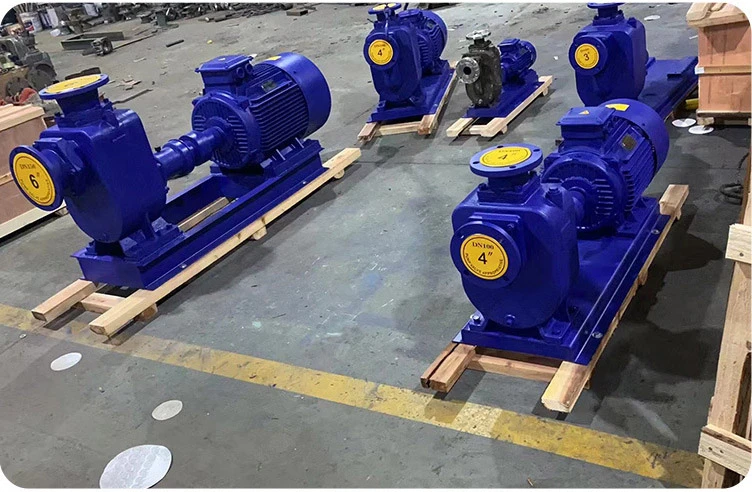Nepali
- Afrikaans
- Albanian
- Amharic
- Arabic
- Armenian
- Azerbaijani
- Basque
- Belarusian
- Bengali
- Bosnian
- Bulgarian
- Catalan
- Cebuano
- Corsican
- Croatian
- Czech
- Danish
- Dutch
- English
- Esperanto
- Estonian
- Finnish
- French
- Frisian
- Galician
- Georgian
- German
- Greek
- Gujarati
- Haitian Creole
- hausa
- hawaiian
- Hebrew
- Hindi
- Miao
- Hungarian
- Icelandic
- igbo
- Indonesian
- irish
- Italian
- Japanese
- Javanese
- Kannada
- kazakh
- Khmer
- Rwandese
- Korean
- Kurdish
- Kyrgyz
- Lao
- Latin
- Latvian
- Lithuanian
- Luxembourgish
- Macedonian
- Malgashi
- Malay
- Malayalam
- Maltese
- Maori
- Marathi
- Mongolian
- Myanmar
- Nepali
- Norwegian
- Norwegian
- Occitan
- Pashto
- Persian
- Polish
- Portuguese
- Punjabi
- Romanian
- Russian
- Samoan
- Scottish Gaelic
- Serbian
- Sesotho
- Shona
- Sindhi
- Sinhala
- Slovak
- Slovenian
- Somali
- Spanish
- Sundanese
- Swahili
- Swedish
- Tagalog
- Tajik
- Tamil
- Tatar
- Telugu
- Thai
- Turkish
- Turkmen
- Ukrainian
- Urdu
- Uighur
- Uzbek
- Vietnamese
- Welsh
- Bantu
- Yiddish
- Yoruba
- Zulu
Telephone: +86 13120555503
Email: frank@cypump.com
नोभ . 30, 2024 23:12 Back to list
abrasive slurry pump
The Role of Abrasive Slurry Pumps in Industrial Applications
Abrasive slurry pumps are essential devices in various industries that deal with the transportation of abrasive materials mixed with liquids. These pumps are specifically designed to handle slurry, a mixture of solids and liquids, which can be corrosive and abrasive in nature. Understanding their construction, operation, and applications can provide insights into their importance in modern industrial processes.
Construction and Design Features
Abrasive slurry pumps are engineered with durability and efficiency in mind. They typically feature heavy-duty materials such as high-chrome alloys, rubber linings, or other wear-resistant materials that can withstand the harsh conditions of transporting abrasive materials. The impellers are designed to create high volumes of fluid movement while minimizing the wear and tear that can occur from the abrasive particles present in the slurry.
The design of these pumps often includes a wide inlet to accommodate large particle sizes, minimizing the risk of clogs and ensuring smooth operation. In many cases, the pumps are also fitted with adjustable impellers which can help optimize performance based on the specific characteristics of the slurry being pumped.
Operating Principles
Abrasive slurry pumps operate on the same basic principles as conventional pumps, utilizing centrifugal force to move fluids. The rotating impeller drives the slurry from the inlet into the pump casing through high-speed centrifugal action. This action creates a pressure differential, causing the slurry to flow through the discharge outlet.
However, the operation of slurry pumps requires careful consideration of several factors including the viscosity of the slurry, the size and nature of the abrasive particles, and the overall system design. It’s crucial that the pump is matched to the specific type of slurry it will be handling to ensure optimal efficiency and longevity.
Applications in Industry
abrasive slurry pump

Abrasive slurry pumps find applications in various industries, including mining, dredging, construction, and wastewater treatment. In mining operations, for example, these pumps are essential for transporting the ore slurry from the mining site to processing facilities. The ability to handle a variety of particle sizes and concentrations makes slurry pumps particularly valuable in extracting materials such as copper, gold, and coal.
In dredging applications, slurry pumps are used to remove sediment and debris from underwater sites. The corrosive properties of the slurry make robust pump construction necessary to ensure longevity and reliability in harsh environments. They are also employed in civil engineering projects for transporting concrete mixes and other heavy slurries during construction.
In wastewater treatment facilities, abrasive slurry pumps play a critical role in managing sludge and other byproducts
. They help in moving these materials through the treatment processes, ensuring efficient operations and compliance with environmental regulations.Challenges and Solutions
While abrasive slurry pumps are indispensable in industrial processes, they are not without challenges. Wear and tear are significant issues due to the abrasive nature of the materials being transported. To counteract these challenges, industries often implement regular maintenance schedules and consider upgrading to advanced pump technologies that offer increased wear resistance and efficiency.
Additionally, the selection of the right pump based on the specific slurry characteristics is vital. Engineers and operators must carefully assess the viscosity, particle size, and chemical composition of the slurries to choose the most suitable pump model.
Conclusion
Abrasive slurry pumps are crucial components in many industrial applications, offering reliable solutions for the transportation of abrasive materials mixed with liquids. Their unique design, durability, and effectiveness make them indispensable in industries ranging from mining to wastewater treatment. As technology advances, the development of more efficient and resilient slurry pumps will continue to enhance operational efficiencies and reduce maintenance costs. Understanding the intricacies of these pumps can empower industries to optimize their processes and improve their bottom line.
-
Heavy-Duty Mining Sludge Pumps - Wear-Resistant Slurry Handling
NewsAug.02,2025
-
Horizontal Split Case Pump with GPT-4 Turbo | High Efficiency
NewsAug.01,2025
-
ISG Series Pipeline Pump - Chi Yuan Pumps | High Efficiency, Durable Design
NewsAug.01,2025
-
Advanced Flue Gas Desulfurization Pump with GPT-4 Turbo | Durable & Efficient
NewsJul.31,2025
-
ISG Series Vertical Pipeline Pump - Chi Yuan Pumps | Advanced Hydraulic Design&Durable Construction
NewsJul.31,2025
-
ISG Series Vertical Pipeline Pump - Chi Yuan Pumps | Energy Efficient & Low Noise
NewsJul.31,2025










